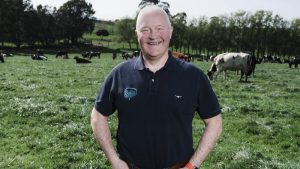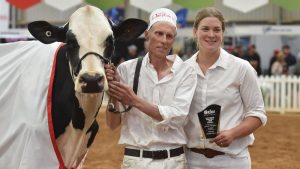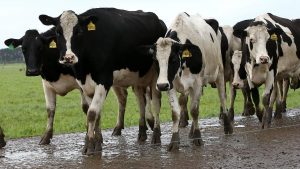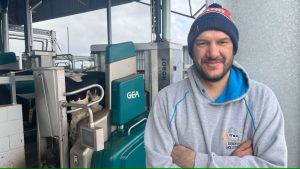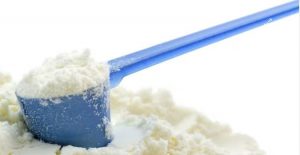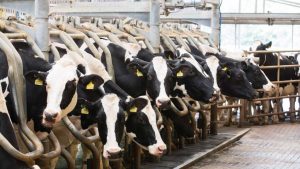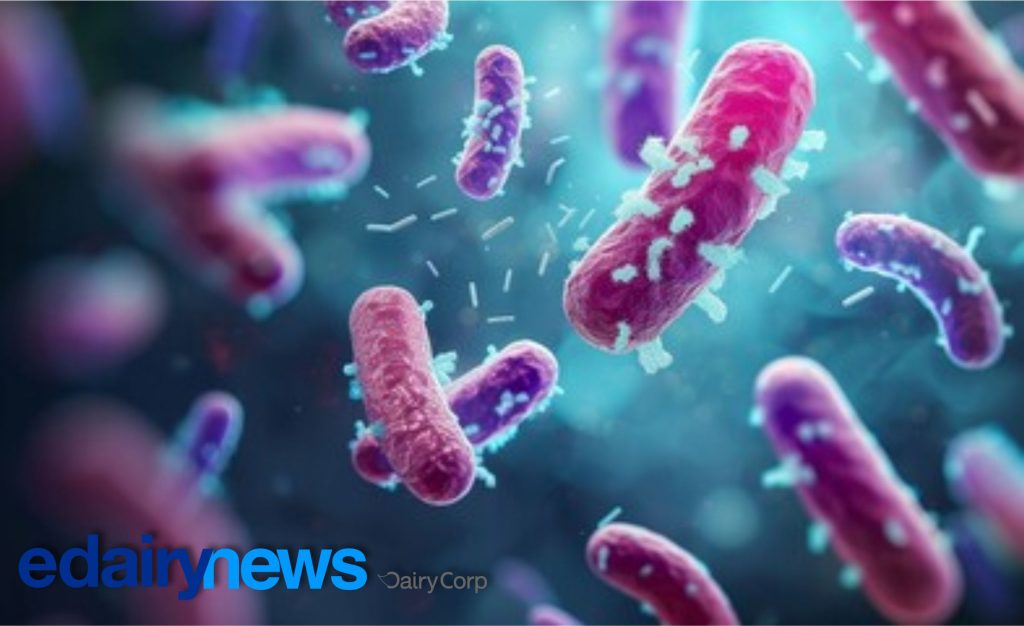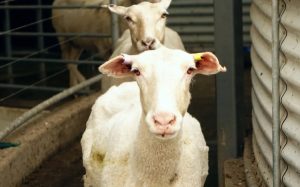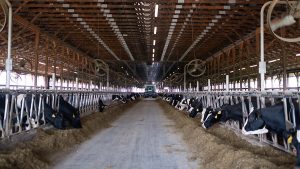
A new partnership between HRM Dairies in Pakistan and Genetics Australia has led two shipments of semen in late 2021 with further shipments planned in coming months.
The genetics exports follow a surge in shipments of live animals from Australia to Pakistan in the past five years.
Genetics Australia’s partnership with HRM Dairies was officially launched on December 26 and the corporate farm has become the first in Pakistan to use Australian genetics and genomic testing.
Genetics Australia export manager Rob Derksen identified Pakistan as a country of interest for Australian genetics several years ago.
“We decided at the time to place greater emphasis on exporting genetics to other countries, particularly China, as they were prepared to focus on better quality genetics and promote the Australian Breeding Value system.
“China became our number one export market but in more recent years as the relationship between Beijing and Canberra deteriorated, we were unable to obtain import permits for China and decided to again look at options in Pakistan.
“We decided to appoint HRM as our exclusive distributor because of their interest in breeding better quality animals and their dairy will become a showcase in Pakistan for Australian genetics.
“Other farmers can’t believe the high production better quality Australian cattle are doing.”
HRM Dairies chief executive officer Mudassar Hassan moved to Australia in 2003 but wanted to retain a connection to his homeland.
“I saw in 2017 that there was a huge gap between supply and demand in Pakistan and the quality of dairy cattle in Pakistan wasn’t up to the mark,” Mr Hassan said.
He eventually secured Holstein cows from three different farms – Emu Banks, Eclipse and Vala Holsteins – with an emphasis on high quality genetics.
“We lead from the front and do a lot of trials and studies at our farm,” Mr Hassan said.
“There were Holsteins in Pakistan but not to the genetic quality I was after.”
The barn-based farm is now milking nearly 400 cows and has introduced Jersey and Aussie Reds crosses.
Mr Hassan hopes to be milking 1000 cows by 2024.
He predicts the industry could grow immensely.
“If I talk in dairy language, Pakistan is just at the weaning stage,” he said.
While Pakistan is the fourth largest dairy-producing country in the world, it still needs imported cattle and can struggle with what Mr Hassan describes as “non-descriptive” stock.
“Like Australia, Pakistan wants a stronger cow that has good feet and legs, an open chest, dairy strength, good mammary systems, are healthy and fertile and able to cope with hot and humid conditions,” he said.
HRM Dairies and Mr Hassan’s social media profile – where he produces videos of interviews with Australian farmers attracting up to 100,000 views – have helped to educate Pakistani farmers about Australian genetics.
“People thought Australia only imported genetics from the US or Europe to AI their cows,” he said.
“We have changed that now and people realise Australia is independent in terms of producing genetics.
“This is the first time in Pakistani history that Australian genetics has come to Pakistan and we can show them the bull’s daughters performing in another country, as well as those in our own herd.
“It’s a showcase to farmers that it really works.”
Mr Hassan said the shortage of quality cattle and genetics held back Pakistani dairy farming.
“Cattle numbers aren’t the problem; it’s the shortage of quality genetics and the main challenge is education.
“At the moment, farmers are increasing their herds without knowing the strengths and weaknesses because of the lack of genomic testing.”
HRM is the only farm in Pakistan doing genomic testing and Mr Hassan hopes help farmers understand the value of good genetics in improving fertility, health and profitability.
“Profit is not all about milk production; profit also means less expenses.
“If your cow is doing 12,000 litres but having mastitis twice and taking four doses to get pregnant, you won’t be making that much profit, but if she’s producing 8000-9000 litres and getting pregnant easily and not having health problems, she’s probably more profitable.”
Last year almost 97 per cent of the HRM herd got pregnant, it had a very low mortality rates and best ever production.
Minimum production from any cow was 10,000 litres but the average was more than 12,000 litres, which Mr Hassan attributes to genetics, management and nutritional control.
Mr Hassan is a firm believer that Australian cows and genetics work in Pakistan.
“It’s a huge market but in Australia it is very underrated; Australia could do way more to capitalise on the potential,” he said.
Mr Derksen said there was also a great opportunity for Australian farmers to sell better quality surplus heifers to Pakistan.
“Pakistani farmers are now recognising their first-cross animals with poor breeding are not performing anywhere near the level of the Australian cows,” he said.
“HRM has demonstrated there is real merit in better quality genetics.”
Want to read more stories like this?
Sign up below to receive our e-newsletter delivered fresh to your email in-box twice a week.




